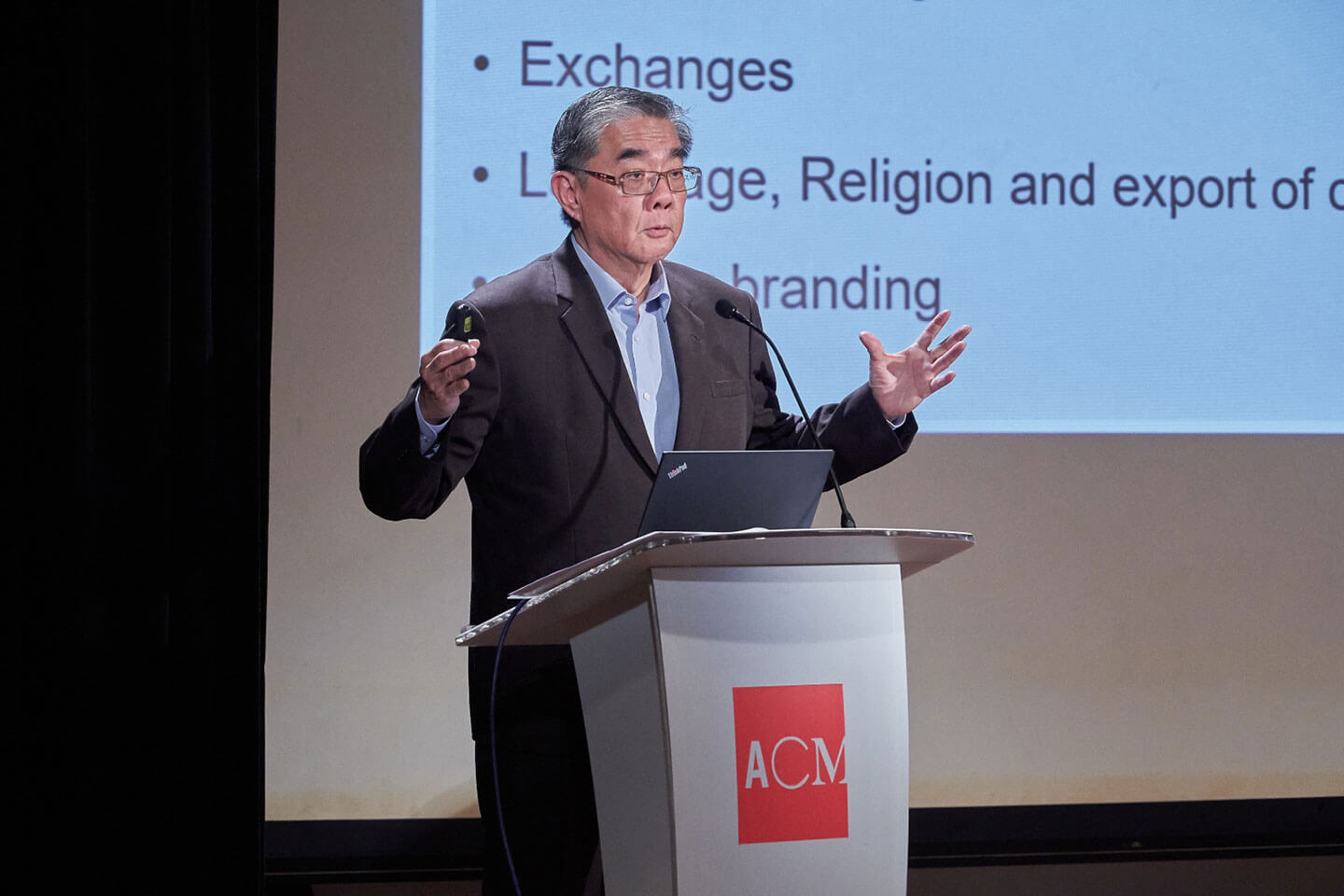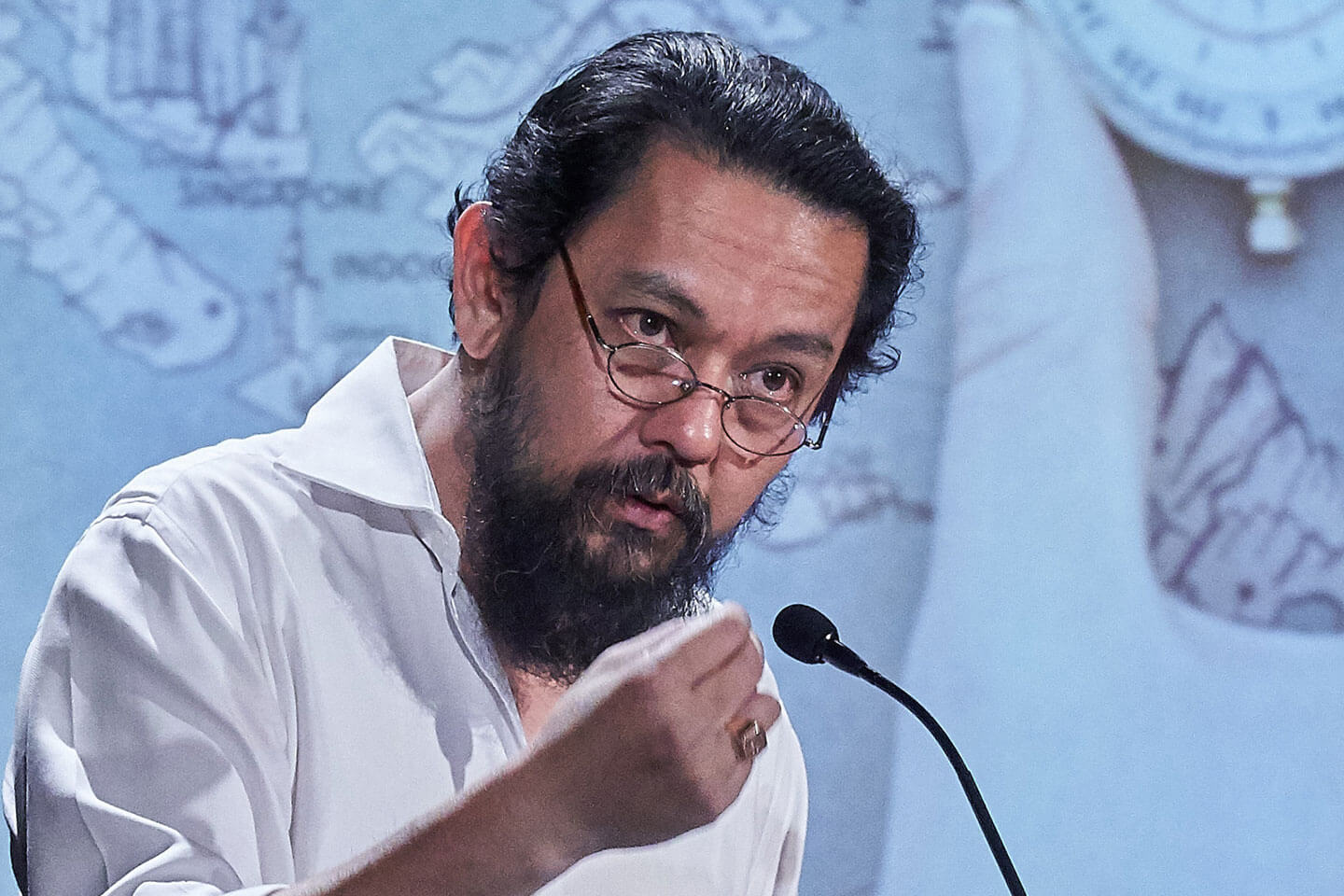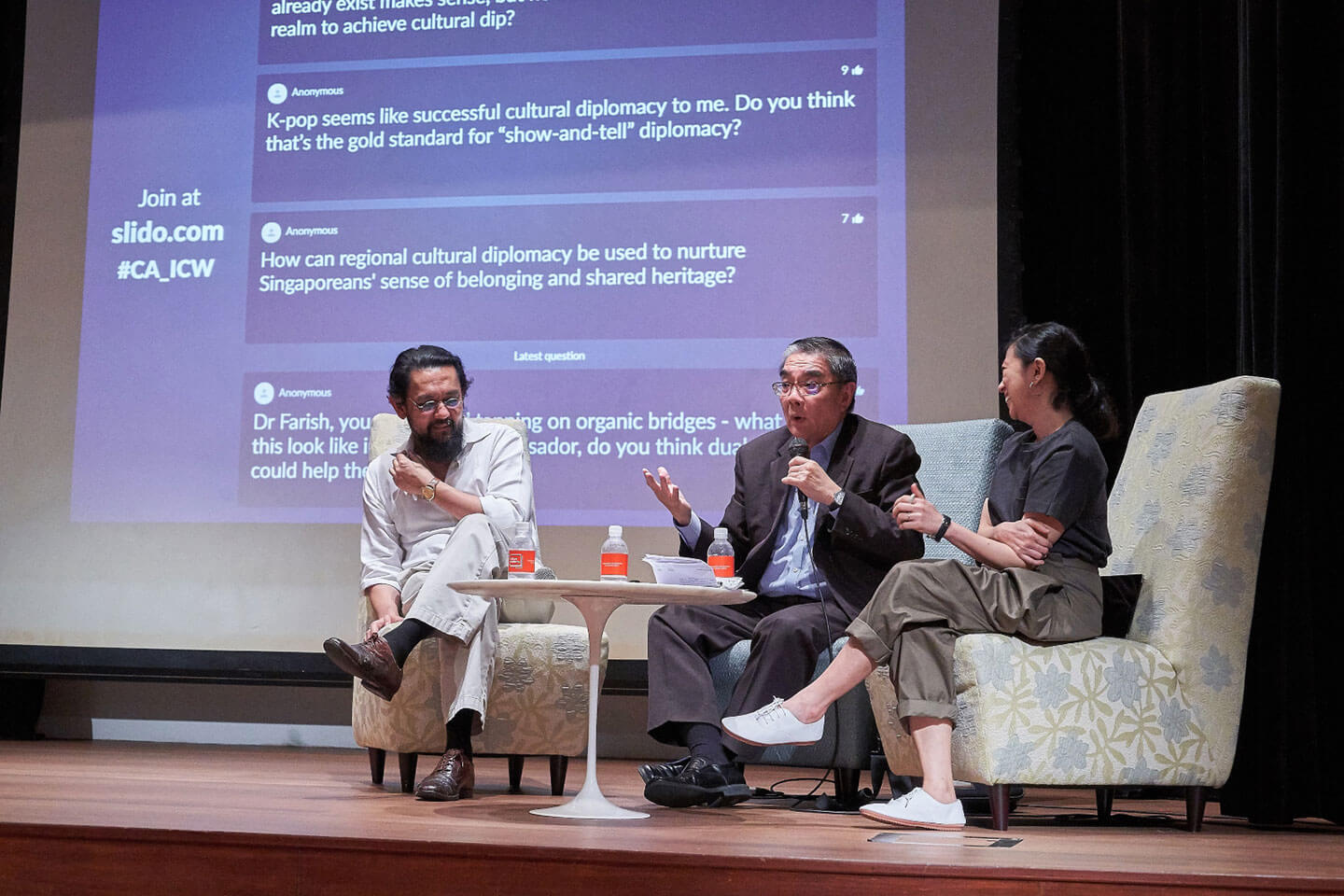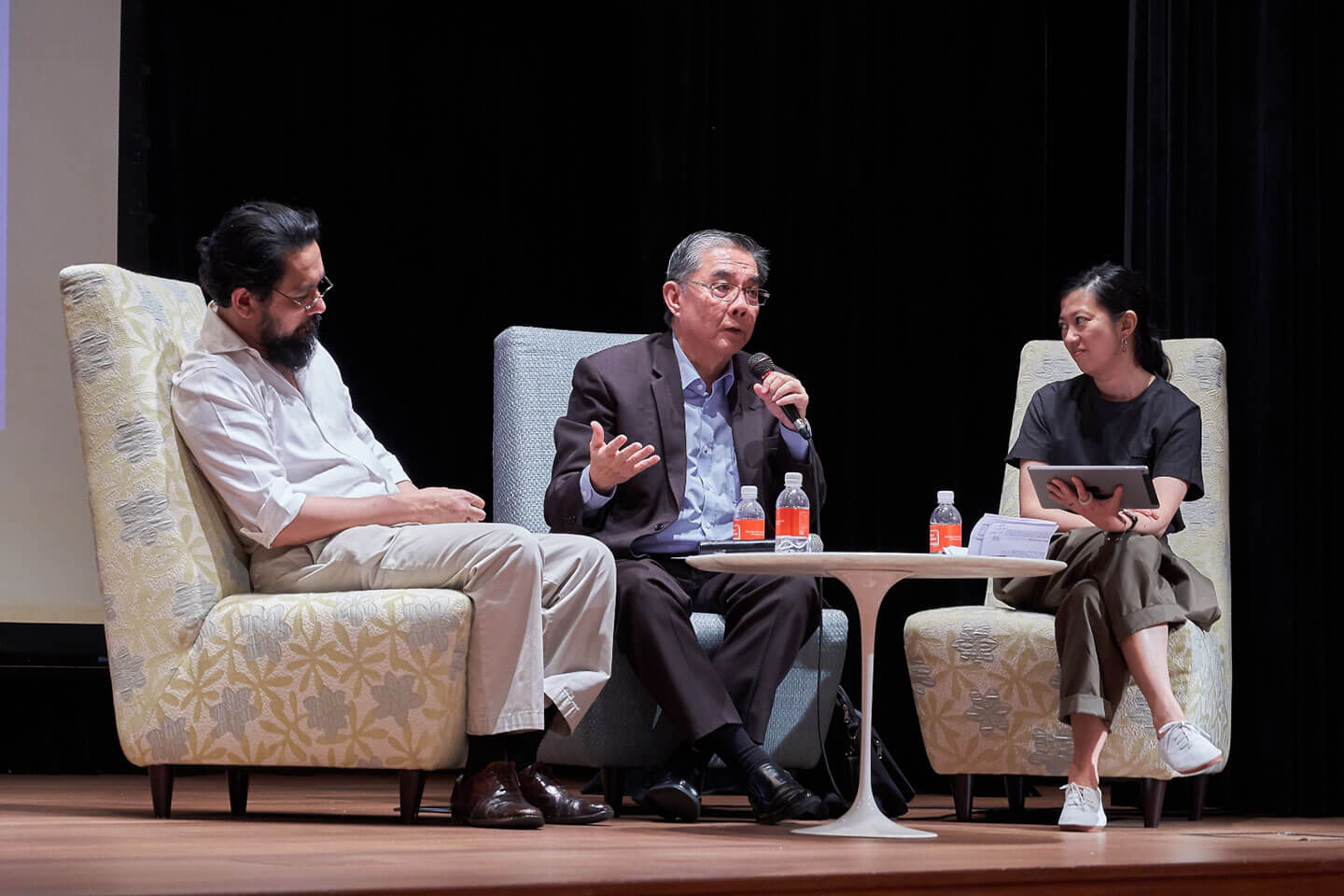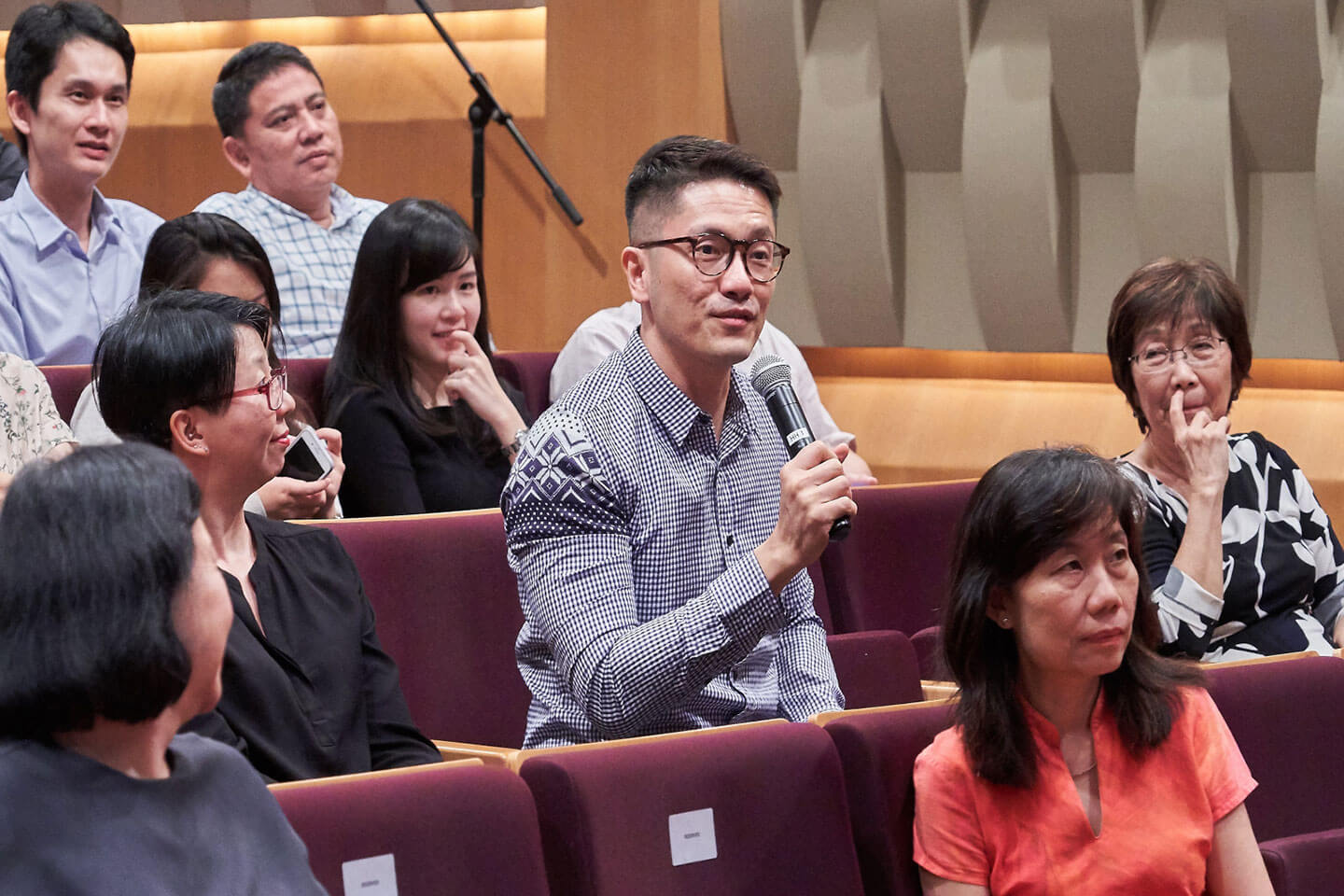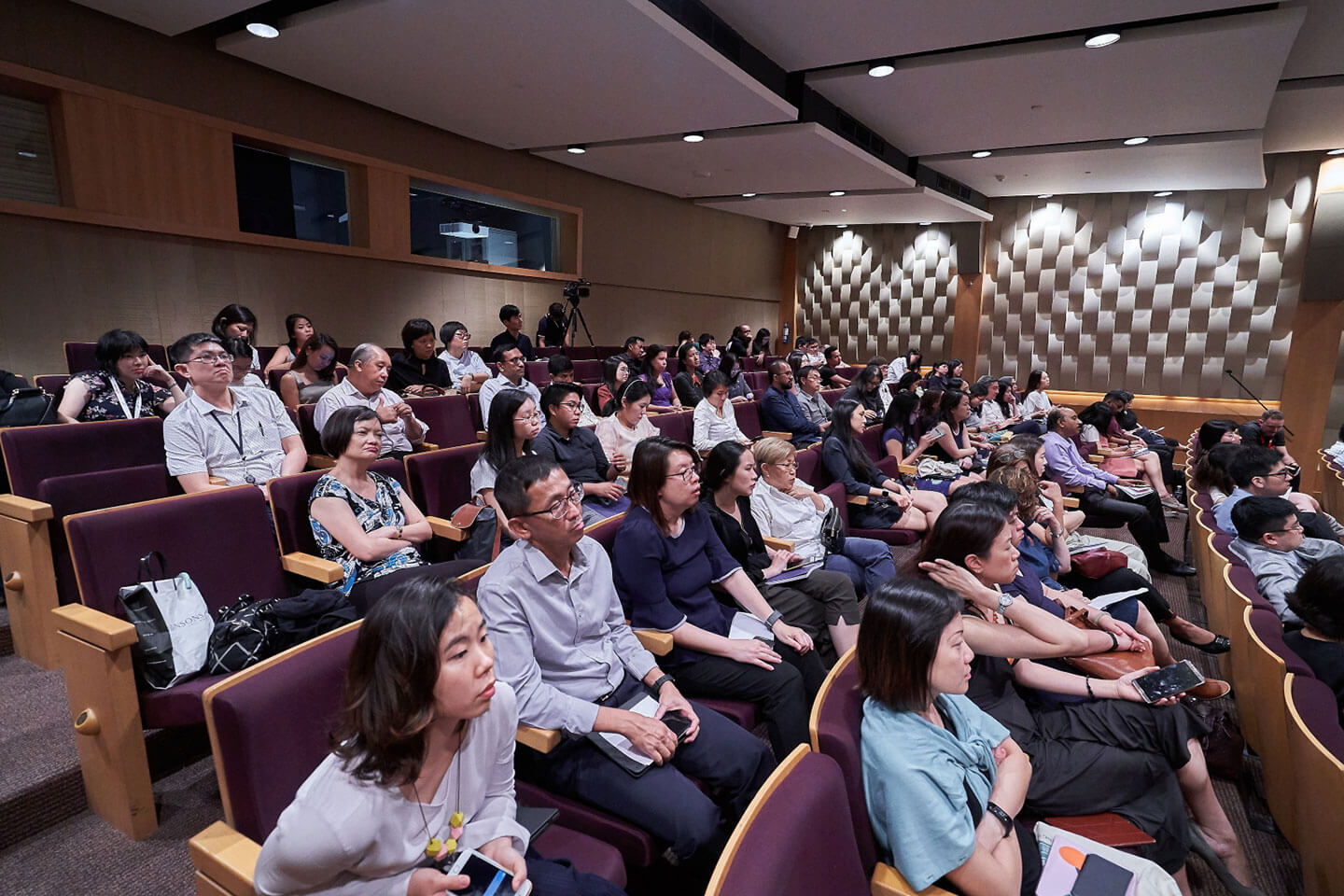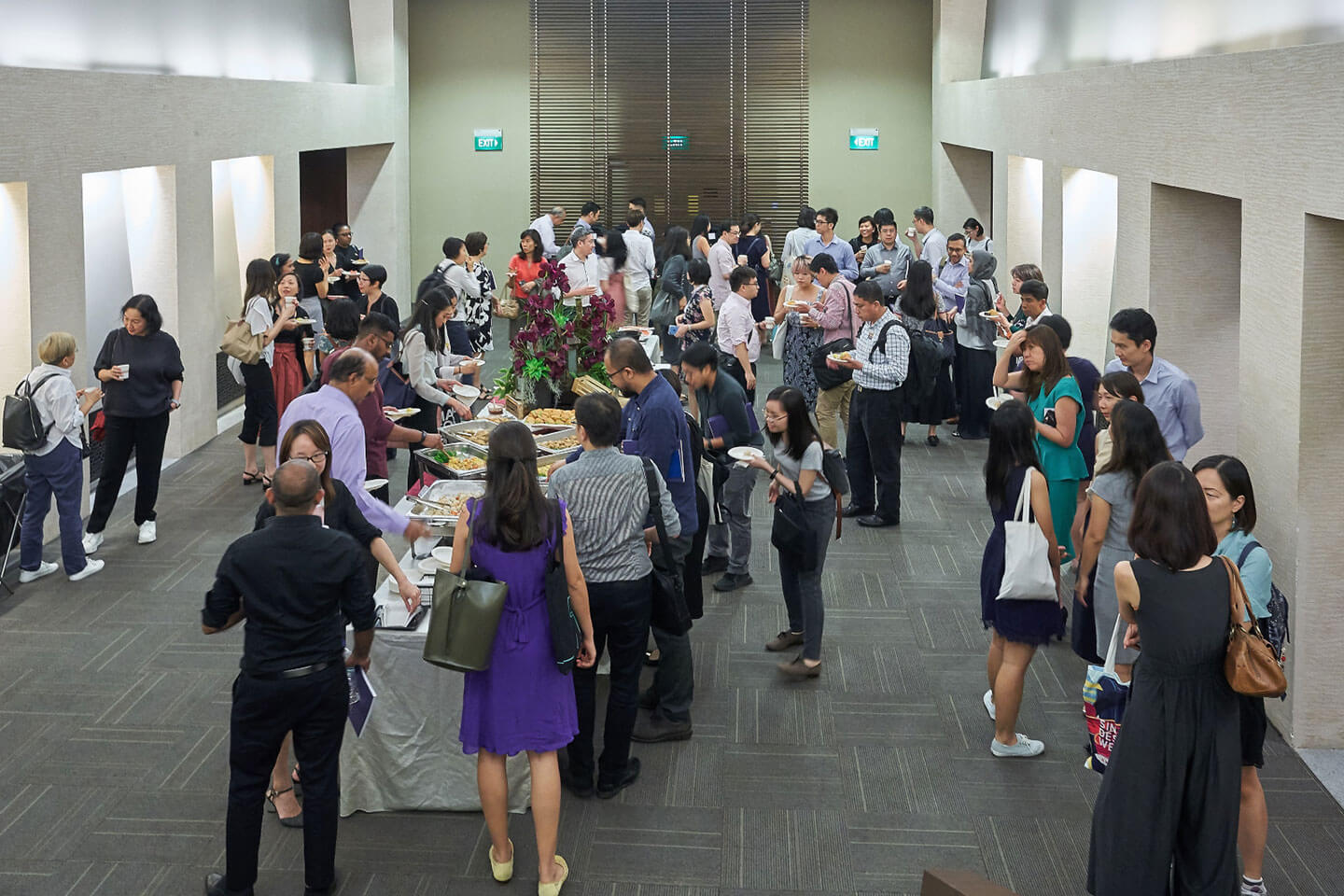Sharing by Ambassador Ong Keng Yong
In an increasingly globalised and interdependent world, “hard power” alone is inadequate to develop strong ties between states. The role of “soft power” in the form of cultural diplomacy becomes significant, fostering peace and stability around the world. With the proliferation of mass communication technology, cultural diplomacy has enhanced relations amongst states as everyone has greater access to each other. This has helped to influence “global public opinion” and the ideologies of individuals, communities, cultures and nations. Exchanging culture through cultural diplomacy should not be seen as secondary to political or economic diplomacy but rather as a central and essential component of it. Currently, Singapore holds good cultural ties with many countries and also bilateral and multilateral agreements to facilitate cultural exchanges. Such agreements will broaden Singapore’s relations with states around the world, and position Singapore as a vibrant cultural capital within the region. Singapore should also leverage on its role as a regional centre for business, finance and transportation to raise awareness of the various cultural heritage and traditions in Southeast Asia. This will contribute to enhancing Singapore’s role as a regional hub for multilateral exchanges as well as a global city where multiple talents flourish. Ultimately this will strengthen Singapore’s economic status. Promoting culture will also inspire our citizens and foster nation-building as it will make Singaporeans feel proud about Singapore – a dynamic node in the global economy.
Sharing by Dr Farish A. Noor
I would like to propose another way of thinking and doing ‘cultural diplomacy’ in this talk. Our conventional understanding of cultural diplomacy has been based on the ‘show and tell’ model, where a country proudly proclaims its cultural identity by showcasing its own culture abroad. This is indeed an effective means of engaging in diplomacy, but it also has some limitations. Among the limitations of such an approach is the tendency for countries to over-state the importance of their own culture and to over-particularise their culture to the point where it seems exclusive, unique and even superior. This can in fact have the negative effect of turning off potential admirers and friends, and may come across as being excessively nationalist.
Instead I propose that we complement our use of cultural diplomacy by also showcasing the culture of others, and by doing so demonstrate that we admire, appreciate and value the culture of other countries too. This is another way of bridge-building that fosters common fellow-feeling, avoids the trap of an ‘us and them’ dichotomy, and also demonstrates empathy and genuine admiration for other cultures and societies as well.
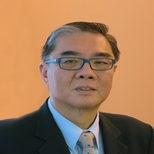
Speaker
Executive Deputy Chairman of S. Rajaratnam School of International Studies
Ambassador ONG Keng Yong is Executive Deputy Chairman of the S. Rajaratnam School of International Studies at the Nanyang Technological University in Singapore since November 2014. Concurrently, he is Ambassador-at-Large at the Singapore Ministry of Foreign Affairs, non-resident High Commissioner to Pakistan and non-resident Ambassador to Iran. Mr Ong also serves as Chairman of the Singapore International Foundation (SIF).
Mr Ong served as Secretary-General of ASEAN (Association of Southeast Asian Nations), based in Jakarta, Indonesia from January 2003 to January 2008.
Mr Ong entered the Singapore diplomatic service in 1979. He had served in diplomatic assignments in Saudi Arabia, Malaysia, the USA, India and Nepal. He was also Press Secretary to then Prime Minister Goh Chok Tong and concurrently the Chief Executive Director of the People’s Association, from 1998 to 2002.
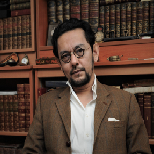
Speaker
Associate Professor, S. Rajaratnam School of International Studies
Dr Farish A. Noor is Associate Professor and Coordinator of the doctoral program at the S Rajaratnam School of International Studies RSIS and also Associate Prof by courtesy appointment to the School of History, HASS, NTU. He has written about Southeast Asian history and material culture and his most recent work is ‘Before the Pivot: America’s Encounters with Southeast Asia 1800-1900’, Amsterdam University Press, 2018.

Moderator
Chief Executive Officer, The Esplanade Company Ltd
Yvonne Tham is the Chief Executive Officer of The Esplanade Company Ltd and she is responsible for the overall management and programming direction of The Esplanade.
Yvonne was formerly the Deputy Chief Executive of the National Arts Council as well as the Director of the Arts and Heritage Division of the then-Ministry of Information, Communications and the Arts. Between 2002 to 2009, she was involved in the development of policies such as the Renaissance City plans, and the setting up of the pre-tertiary School of the Arts, the Design Singapore council, and the National Gallery.
17TH April 2019




